Between October 2013 and January 2014, five teenaged boys from Brighton, three of them brothers from a family called Deghayes, travelled to Syria to join Jabhat al-Nusra, an Islamist militia and one of the main jihadist groups fighting the Syrian army. A dozen more young people from Brighton were also eager to go. Radicalisation had swept through the group like a ‘contagion’, catching parents and police unawares and baffling counter-extremism experts. In his disturbing No Return, Mark Townsend traces the various hidden causes of the Deghayes case, events that he claims ‘transformed the entire approach of the government’s counter-extremism programme, both in policy and ideology’.
Townsend, who is home affairs editor of the Observer, completed his book in just two months, having followed the case for more than half a decade. Writing confidently and with authority, he is clearly well acquainted with the details. At the centre of his account are the Deghayes boys: the oldest, Amer, the twins Abdul and Abdullah, followed by Jaffar and Mohammed. Townsend describes ‘a long history of abuse’ at the hands of their father, as well as racist bullying from schoolchildren and violent attacks from local far-right groups. This upbringing in ‘an environment of fear and control’ created a mistrust of authority.
Feeling trapped by poverty, unsuitable accommodation and poor performances at school, the boys began committing petty crimes, forming a gang that at its peak numbered 50 members. A vicious circle began, with tough policing being met by more violent offences. Trusting few adults, the gang confided only in each other, and with internet access to a stream of graphic images, conspiracy theories and jihadist propaganda, radical ideas quickly took hold. Within months, five of the gang were in Syria. But things were no better for the two Deghayes brothers who stayed behind — and events in Brighton soon reached a violent conclusion.
Townsend is highly critical of the‘myriad failings’ of the police, youth-offender services and Prevent officials. Mostly these were breakdowns of communication between the agencies, but there were some real blunders: a ‘weekly ops’ email, sent within Brighton council’s community safety team in February 2014, lists ‘alleged misdemeanours’ perpetrated by Abdullah Deghayes which he couldn’t have committed, being in northern Syria at the time.
Faced with what must have been an overwhelming mass of material, Townsend distills court papers and interviews into a gripping page-turner. With his knack of building suspense and propelling the narrative forward, he would make an excellent thriller writer. Instead, No Return is a true-crime account that sheds light on one of the most worrying cases in recent years. In its exploration of childhood trauma, teenage radicalisation, violent gang crime and the shortcomings of our justice system, it should be required reading for anyone working with troubled young people.
Got something to add? Join the discussion and comment below.
Get 10 issues for just $10
Subscribe to The Spectator Australia today for the next 10 magazine issues, plus full online access, for just $10.
You might disagree with half of it, but you’ll enjoy reading all of it. Try your first month for free, then just $2 a week for the remainder of your first year.

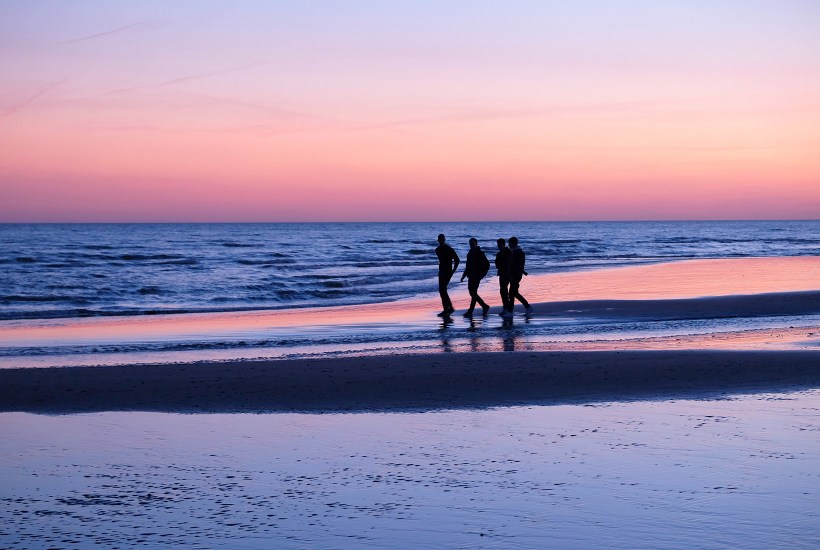
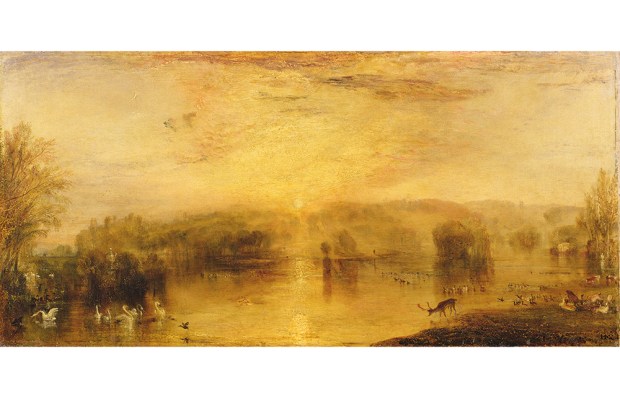
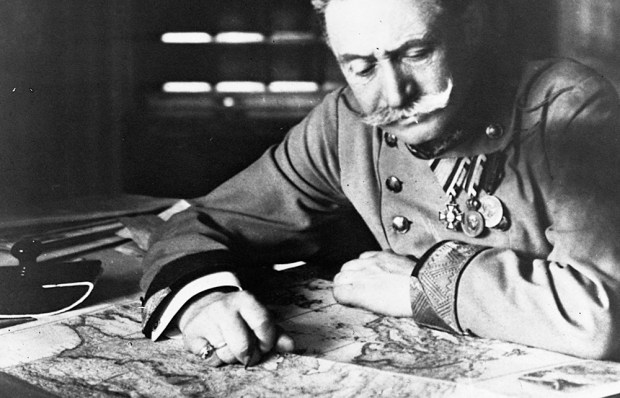

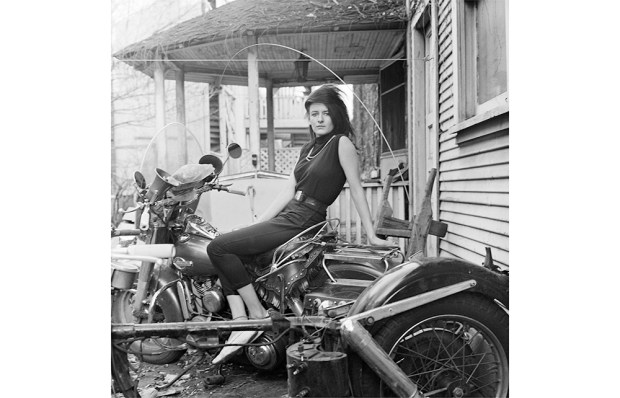
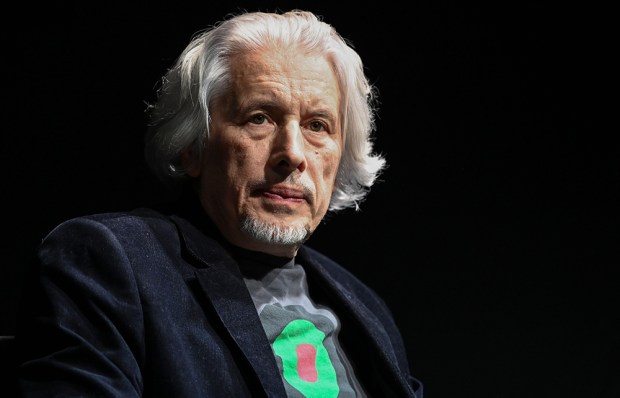
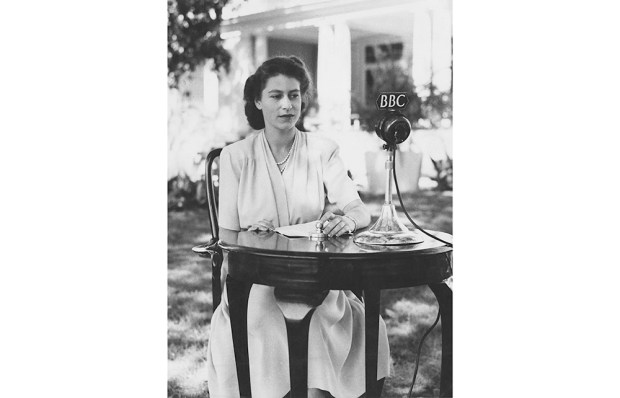






Comments
Don't miss out
Join the conversation with other Spectator Australia readers. Subscribe to leave a comment.
SUBSCRIBEAlready a subscriber? Log in